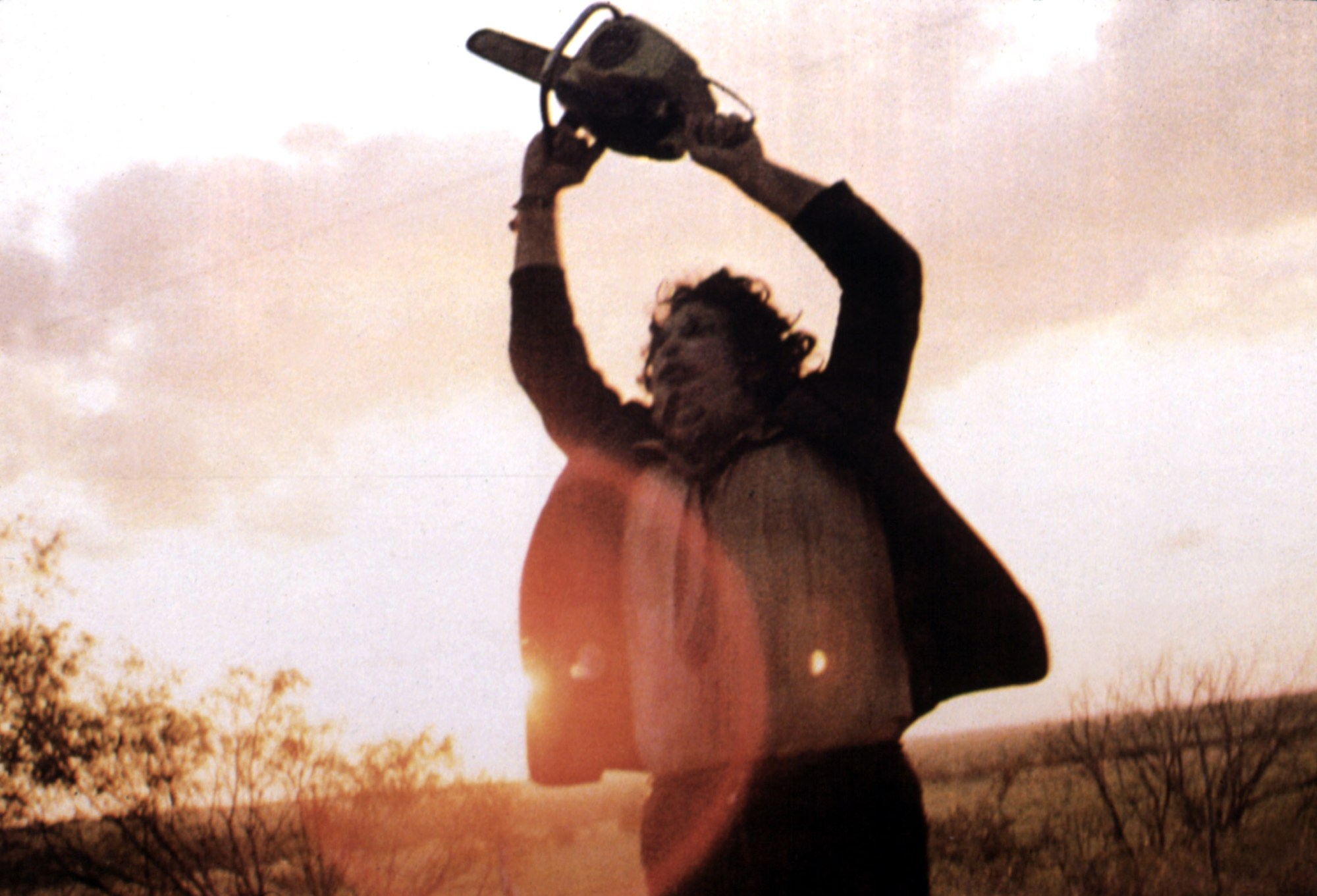The pursuit of perfection is pretty much impossible in making art, because so much of it is subjective. But still we strive for it anyway. And to that end, there are opinions we tend to trust more than others. In film, Quentin Tarantino’s voice has sway: he’s won multiple Academy Awards, BAFTAs and the Palme d’Or, while also harbouring a reputation as one of the most provocative cult directors of his time. For him to say your movie is perfect, whether you agree with him or not, means something.
And so that’s what he’s done, referring to the work of six filmmakers while on Jimmy Kimmel Live last week. Quentin was on the show to promote his new book Cinema Speculation, in which he mentions that there are very few “perfect movies” but that the original The Texas Chainsaw Massacre was one of them. When pushed by Jimmy for more, here’s the movies that came to mind.
The Texas Chainsaw Massacre (1974)
The ultimate horror B-movie, about a group of teenagers stalked by a chainsaw-wielding maniac in the backwaters of America, is one of Tarantino’s personal favourites, having seen it “many times” according to director Tobe Hooper, when it first came out. Younger audiences might be distracted by its schlocky editing and ‘suspend-your-disbelief’ style of scares, but by being rough around the edges and visually realistic, Chainsaw succeeds as a pretty remarkable horror movie.
Jaws (1975)
Tarantino has always sung the praises of Steven Spielberg’s shark attack classic, considering it, as he told the Reel Blend podcast, “the greatest movie ever made”. But there’s a key difference, he says, in the way we differentiate ‘movies’ from ‘films’, arguing that it’s “maybe not the greatest film, but it’s the greatest movie ever made.” Long story short: Spielberg is a master of entertainment, and Jaws, in that regard, is his finest and most effective work.
Subscribe to i-D NEWSFLASH. A weekly newsletter delivered to your inbox on Fridays.
The Exorcist (1973)
As far as we can see, Tarantino hasn’t gone on record discussing his appreciation of The Exorcist before, but it’s no surprise he thinks it’s perfect. The film, released in 1973, upended the horror genre, creating real shock and spectacle for theatre audiences who witnessed it. The story of a teenage girl possessed by Satan, it evoked a visceral reaction in those who dared watch, with stories of audience members fainting and being taken to hospital. With that in mind, it’s no surprise Tarantino — another fan of on-screen gratuitousness — loves it.
Annie Hall (1977)
The winner of the Best Picture Oscar the year it came out, Annie Hall is widely considered one of Woody Allen’s few actual masterpieces, in a collection of films marred by the allegations attached to the filmmaker. Annie Hall follows a man trailed by his numerous failed relationships falling in love with a cool, aspiring nightclub singer, and then reflecting on how that fell apart too. It’s funny that Tarantino mentions this movie, since it’s essentially the original version of a trashed remake Woody Allen also directed — the Christina Ricci starring Anything Else — that Tarantino also has listed as one of his unironic favourites of all time.
Young Frankenstein (1974)
The horror-comedy genre mash-up plays well with Tarantino’s tastes, a man who loves cutting extreme gore with uncomfortable laughs. This classic by legendary director Mel Brooks follows a descendant of Dr Frankenstein inheriting his estate and rediscovering the texts that made him create the famous monster of classic horror.
Back to the Future (1985)
Much in the same way Tarantino has praised Spielberg for Jaws, he’s likely to have a similar reason for loving Robert Zemeckis’ family classic Back to the Future. The story of Marty McFly, an American teenager who goes back in time with the help of an eccentric scientist, but has to line-up his parents’ love story to ensure he still exists when he returns to the present. It’s celebrated for a reason, hitting all the right screenwriting beats to be considered a smart, timeless piece of Hollywood entertainment.
